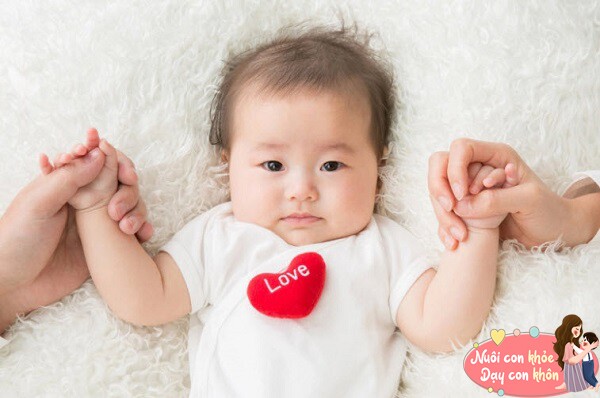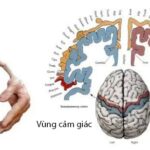“**Early Signs of High Intelligence in Infants: Nurturing and Stimulating Your Child’s Potential**”
Nurturing and appropriately stimulating your child can help them maximize their potential during subsequent developmental stages. If infants aged 0-3 months exhibit the following two signs, it indicates a higher level of intelligence.

Well-developed gross motor skills
From 0-3 months, gross motor skills can truly reflect cognitive abilities. During this stage, infants develop rapidly and will naturally learn certain movements, especially gross motor skills, speech, and fine motor skills.
Observing the development of these skills in the early months can provide important signs about a child’s brain potential. At 0-3 months, some infants are already adept at lifting their heads, propping themselves up, crying out, and vocalizing. They may also be able to grab their mother’s hair or face. These displays are sufficient to demonstrate the infant’s learning abilities and indicate positive brain development.

From 0-3 months, gross motor skills can be indicative of cognitive abilities.
Additionally, during this stage, infants begin to develop basic emotional and social skills. For instance, they may start recognizing their parents’ faces, smile in response to a smile, and exhibit other reactions such as furrowing their brow or frowning when uncomfortable. These expressions signify the formation of their cognitive, emotional, and communication abilities.
On the other hand, if an infant hasn’t displayed these basic skills by the age of three months, such as being unable to lift their head, produce sounds, or grasp objects presented to them, it could indicate delayed development, which parents should take seriously.
Therefore, observing and acknowledging the development of motor, language, and social interaction skills during the initial 0-3 month period is crucial. This helps parents gain a deeper understanding of their child’s growth and serves as a basis for timely detection and support if any signs of delayed development emerge.

Infants may start to recognize their parents’ faces and smile in response.

Quick Reactions
It is often observed that some infants exhibit extremely quick reactions and expressions, indicating positive brain development. This is a positive sign, suggesting that the child has a strong cognitive foundation, which will lead to confidence and intelligence in the future.
Infants with this trait often have bright eyes, quick reactions, and a strong focus. These characteristics not only signify superior intelligence but also result from the balanced and healthy development of the brain.
As the brain controls all bodily functions, its comprehensive development lays the groundwork for all other aspects, including physical, cognitive, emotional, and skill development.

Some infants exhibit extremely quick reactions and expressions.
Research indicates that infants with well-developed brains tend to learn and absorb knowledge faster than their peers. This advantage enables them to quickly adapt to their surroundings, setting a solid foundation for future progress.
Conversely, if an infant appears listless and sluggish, it could be a sign of delayed development, requiring timely attention and intervention.
Particularly, the 0-3 month period is considered the “golden period” for establishing developmental foundations, not only for cognitive abilities but also for physical growth, including height, weight, and bone development. If infants receive adequate care during this stage, their growth and development will be optimized.
Therefore, parents should pay special attention to their newborns, providing all the necessary conditions for their physical and cognitive development.



































